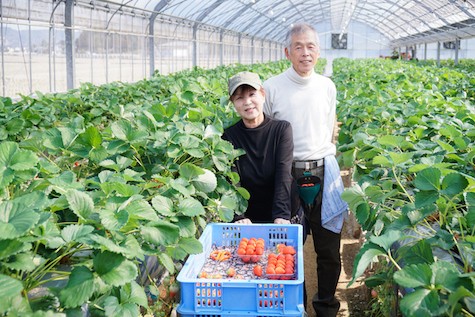TOP 5 CHALLENGES FOR FAMILY BUSINESSES

.
Grant Thornton's 2023 Family Business Survey reveals the key challenges and focal areas for Australian family businesses.
The top five are:
- Improving cash flow (91%)
- Recruiting, retaining, and upskilling family members and employees (86%)
- Succession planning (72%)
- Developing/launching new products (70%)
- Expanding into new markets (69%)
With family businesses accounting for about 70% of all Australian businesses and employing about half of the country’s workforce, the research aims to help future-proof family businesses by highlighting the challenges and opportunities for the sector.
Increasing costs, high inflation, rising interest rates, and an uncertain future are all factors derived from the current state of the economy, with predictions Australia could be heading into a recession. However, the research showed 67% of family businesses are very optimistic about the current economic outlook, particularly in relation to the development of new products and expansion into different markets showing their resilience and adaptability.
Family businesses have a clear focus on growth, looking to improve cash flow, develop new products, and expand into new markets. But family businesses are underutilising research and development grants and other government assistance, with most family businesses surveyed (between 50% and 72%) noting that accessing government support was deemed generally not important.
Succession continues to be a key priority for family businesses with 72% of family businesses rating this as important for their business in the next 24 months. Only 15% of family businesses have no plans in place for succession, with 43% currently formulating a succession plan, and 38% already implementing a plan.
Kirsten Taylor-Martin, partner and national head of Family Business Consulting said, “The top two challenges are interesting as they can be linked to the current economic climate where the majority of Australian family businesses are looking to improve cash flow, while also attracting and retaining the best staff. Succession planning comes in at number three and is still such an important issue for family businesses as it can be extremely challenging to balance maintaining family relationships and fairness while encouraging business growth.
“Government grants appear to be an untapped resource for family businesses indicating there is a need for education, simplification and support for understanding available benefits, particularly for innovative family businesses, like the R&D tax incentive and government grant programs.”
The survey revealed four key themes for family businesses:
1. Leaving your legacy – there is a mindset change between generations and whether they see themselves as owners or stewards of the family business. From the 2nd to 3rd generation, there is an opportunity for the family to discuss their involvement in the community and the impact they wish to make. As the family moves from 3rd to 4th generation, the focus shifts to the family legacy.
2. Succession planning – this continues to be one of the major concerns for family businesses in 2023. The challenges include maintaining family harmony, and fairness and ensuring the business prospers.
3. Future growth – sustainability and ESG might not yet be fully resonating with family businesses. It is clear family businesses are guided by their family values, not terminology and mandatory standards.
4. Embracing diversity – the potential for growth when it comes to diversity in family business is currently untapped. Similar to sustainability and ESG, there is a disconnect with many family businesses not fully realising the power of diversity and how it can contribute to the expansion and longevity of the family business.
The 2023 Family Business Survey report showcases what makes family businesses distinctive and unique, and the integral role they play in Australia’s wider economy.
26 September
mybusiness.com.au





